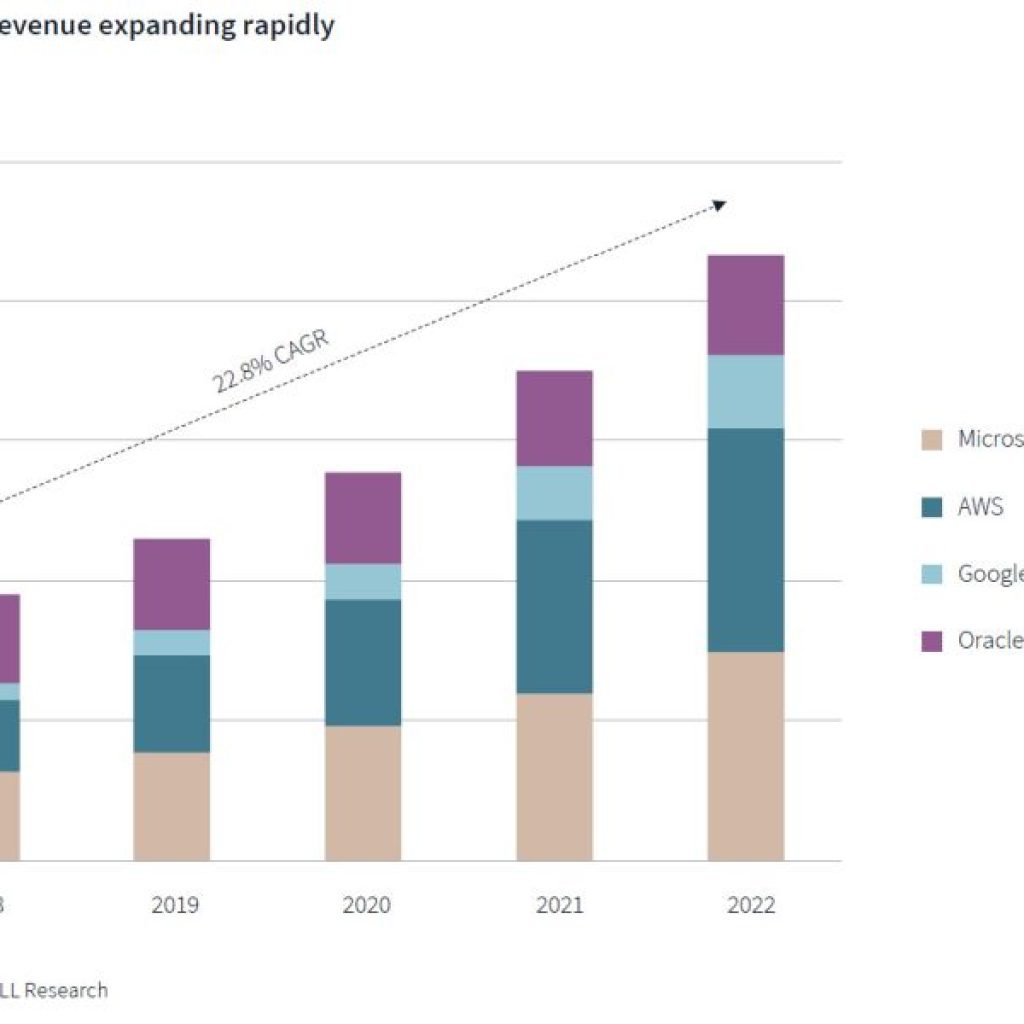Recent research findings have unveiled a striking trend: a widespread shift towards adopting Generative AI among students and those just entering their careers. With an overwhelming 70% of respondents expressing their intent to incorporate ChatGPT into job applications or assessments over the next year and 17% already utilizing this technology, Generative AI is undeniably becoming a pivotal tool in job applications.
Evolving dynamics of job applications
In a comprehensive survey of 2,000 students and early career individuals, researchers delved into attitudes surrounding Generative AI’s role in the job application process. The results illuminated a surprising reality: an astounding 72% of respondents are currently integrating some form of Generative AI into their routine, marking a substantial 50% surge in just four months. This shift in behavior carries profound implications for employers and leaders in talent acquisition.
Employers who fail to embrace Generative AI risk alienating potential candidates. An impressive 32% of surveyed students asserted that they would be reluctant to consider working for an employer that prohibits using Generative AI during the application process. In comparison,e an additional 30% would perceive such employers as less forward-thinking.
AI’s edge in assessments
Generative AI’s influence extends far beyond crafting resumes and cover letters. With roughly two-thirds of employers incorporating pre-employment testing, Arctic Shores, in partnership with UCL postgraduate student researchers, conducted an exhaustive study on ChatGPT’s proficiency in completing traditional psychometric assessments, widely employed in graduate recruitment.
The research yielded noteworthy results:
- Verbal reasoning: ChatGPT-4 surpasses 98.8% of human candidates in verbal reasoning tests, a standard component of aptitude evaluations.
- Situational judgment tests: ChatGPT can perform Situational judgment tests at a level that positions it among the top 70th percentile of candidates, the conventional benchmark for advancing through the recruitment process.
- Personality assessment: Both the free version (ChatGPT-3.5) and the premium version (ChatGPT-4) can complete question-based Personality Assessments and suggest highly compatible responses tailored to specific job requirements based on a job description. Notably, the paid version, ChatGPT-4, demonstrates notably superior and consistent performance.
It is essential to note that neither version can manage interactive, task-based personality or aptitude assessments.
Transforming recruitment practices
The swift adoption of Generative AI by students and graduates, coupled with its demonstrated capabilities and rapid progress, promises to reshape conventional recruitment practices.
Robert Newry, the co-founder and CEO of Arctic Shores, underscores the pivotal role of Generative AI in the current job landscape: “Generative AI is not merely a nice-to-have for students and graduates; it is increasingly perceived as an indispensable component of their approach to job applications and future career pursuits.”
Newry further emphasizes that companies and leaders in talent acquisition must adapt their recruitment strategies to incorporate assessments that acknowledge Generative AI’s capabilities, rather than solely discouraging or attempting to detect its usage. This shift in approach is critical in gaining insight into a candidate’s genuine abilities.
Patterns of use and demographic insights
The research also uncovered intriguing patterns of usage. Respondents reported dedicating 1 hour and 14 minutes per week to ChatGPT. Individuals with neurodiversity conditions tend to utilize ChatGPT for longer durations, exceeding their neurotypical counterparts by 12 minutes per week.
Additionally, when considering demographic factors, black and mixed-heritage students were more inclined to leverage ChatGPT for job applications than other ethnic groups, with both demographics comprising 23% of the users.
Navigating the path ahead for talent acquisition leaders
Talent acquisition leaders now confront the challenge of strategically integrating Generative AI into the selection process. While permitting its usage can level the playing field for candidates, it may inadvertently create an uneven advantage for those with access to premium Generative AI services like ChatGPT-4.
The rapid adoption of Generative AI by students and early career professionals signifies a paradigm shift in the job application landscape. Employers who embrace this technology and adapt their recruitment strategies stand to gain a significant competitive edge, while those who resist may risk falling behind in the evolving job market. The key to succession is finding a balanced approach that ensures equitable opportunities for all candidates, irrespective of their access to Generative AI resources.





